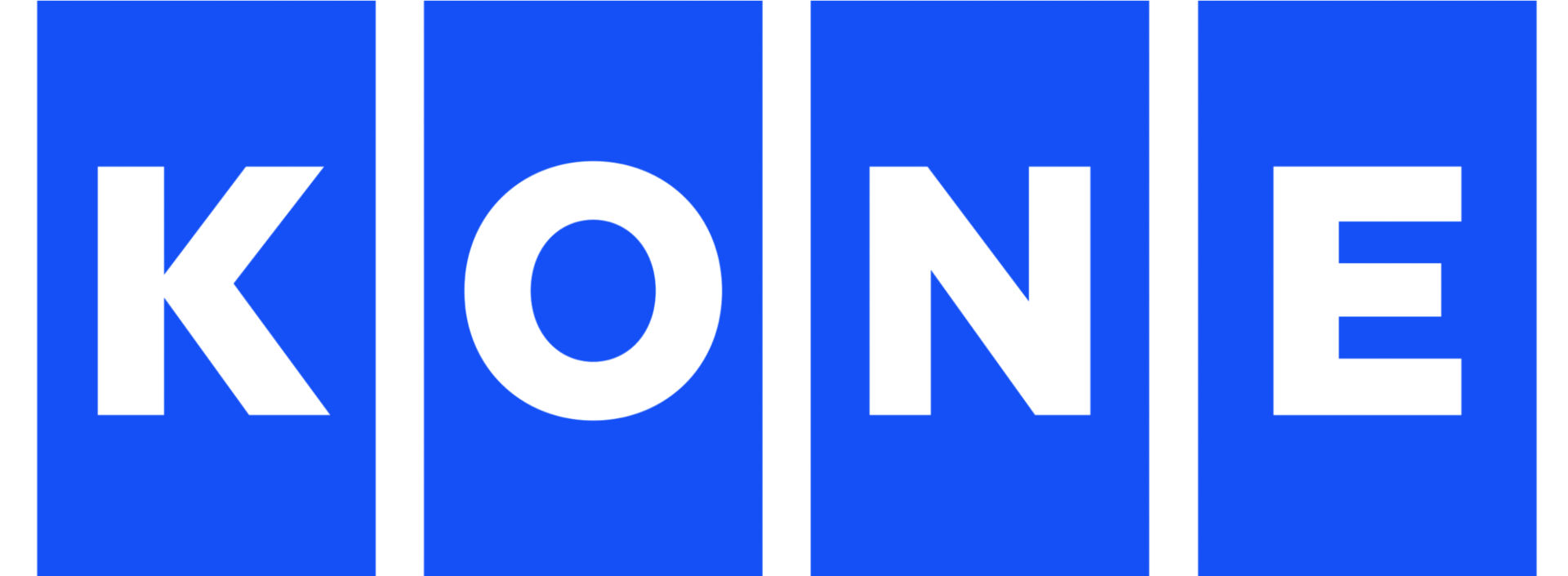Would you like to explore our corporate site or visit your local website?
Stay on Corporate siteWe are approaching the end of the warmest decade on record. Weather patterns are growing more extreme, sea levels are rising, and greenhouse gas emissions are rising to dangerous levels. Climate change is affecting lives on every continent.
In the famous words of activist Greta Thunberg, it is time “to act as if the house was on fire”. Businesses especially must heed the call if they want to remain competitive. In fact, their stakeholders are demanding it.
KONE – already a pioneer in sustainable solutions for denser cities – has recently committed to a new level of climate leadership by adopting the industry’s most ambitious science-based targets to cut emissions across its value chain.
Through measures that include car fleet renewal, route optimization, reduced driving, alternative modes of transport, and the use of renewable electricity, KONE pledges to halve its emissions by 2030 from 2018 levels. Emissions from its products will be reduced by 40%, relative to orders received.

Greening the fleet
KONE’s strict climate targets are approved by the Science Based Targets initiative, a partnership between CDP, the UN Global Compact (UNGC), the World Resources Institute (WRI) and WWF.
For Heiko Spanuth, Head of Indirect Sourcing at KONE, attaining these targets means prioritizing sustainability in every aspect of the supply chain, from better utility contracts to a greener vehicle fleet.
Spanuth sees hybrid and electric vehicles as an important means to make positive change happen. “The technology is continuously improving, manufacturers are introducing new vehicles, and charging infrastructure is becoming more readily available,” he states.
The passenger car segment will be the first to make the switch, soon to be followed by light commercial vehicles. Different countries vary in their readiness, but it’s only a matter of time now: “Change is coming over the next few years,” affirms Spanuth.

Roadmap to circularity
Reaching the new targets is a must for keeping up with future cities, believes Jean-Christophe Almira, Head of Global Research & Development at KONE.
KONE has two focus areas in its efforts to reduce product emissions: use of circular materials, and energy efficiency during production and usage of elevator and escalator systems.
He sees great opportunities in the modernization of existing equipment. “We use the same components across the industry, and there is a high focus on improving and harmonizing those components.”
From the product development point of view, KONE will continue to follow its existing roadmap, says Almira. “KONE’s focus on recycling and modernization is nothing new. It’s something we have been working on for a long time.”
KONE already utilizes material from recycled components and is moving towards renewable energy sources, Almira points out. “For example, one of our suppliers provides new material that is 90% recycled.”
“There is still much to be done, and we are working together to reach the target level by 2030,” he asserts.
KONE’s actions also benefit customers by helping them achieve their respective emissions reduction targets. “Our customers want greener buildings and more sustainable supply chains. Delivering services in an environmentally friendly way has many evident positive impacts for our customers,” concludes Spanuth.
READ MORE
KONE sets ambitious greenhouse gas reduction targets and pledges to have carbon neutral operations by 2030
Can dense cities save the planet?
What’s at the heart of Singapore’s sustainability success?
Certified with a green bill of health
Green ambition
Sustainability at KONE


